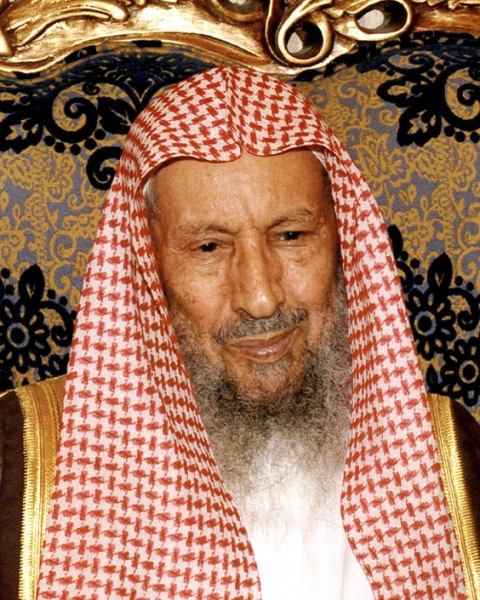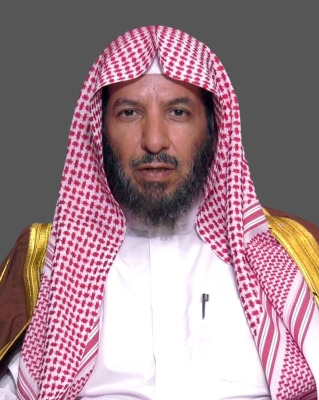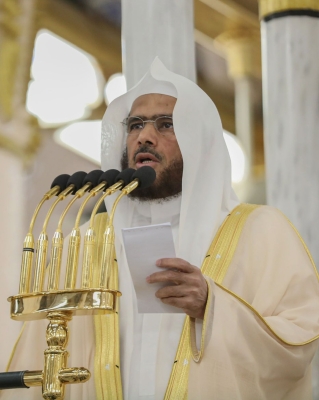
Salih Bin Mohammed al-Luhaidan (1932-2022) was a Saudi scholar and judge. He served as the President of the Supreme Judicial Council and was a member of the Council of Senior Scholars from its establishment in 1970 until his death.
Life of Salih al-Luhaidan
He was born in al-Bukayriyyah Governorate in Qassim Province. After completing his basic education in its three stages, he joined the College of Sharia in the capital, Riyadh, to pursue his university studies. He earned a bachelor's degree from the College of Sharia in 1959 and later joined the Higher Judicial Institute, where he obtained a master's degree in judicial studies in 1969.
Salih al-Luhaidan's career in the Judiciary
After graduating from the College of Sharia in 1959, he worked as a secretary for Sheikh Mohammed Bin Ibrahim Al al-Sheikh in the field of issuing religious edicts until 1963. He was then appointed as the assistant to the president of the Grand Court in Riyadh, before becoming the court's president in 1964.
Salih al-Luhaidan remained president of the Grand Court in the capital, Riyadh, until 1970, the year he was appointed as an appellate judge and a member of the Supreme Judicial Council. In 1983, he was appointed as the president of the Permanent Committee of the Supreme Judicial Council and continued to serve as vice president of the council in the president's absence until 1993, when he became the president of the council in both its general and permanent formations. He was a member of the Council of Senior Scholars from its establishment in 1970 and a member of the Muslim World League. He also contributed to the founding of the Rayat al-Islam magazine, serving as its director and editor-in-chief.
Publications of Salih al-Luhaidan
Salih al-Luhaidan authored several Islamic books, including 'Clarifying the Obligation to Beware of Advocates of Misguidance,' 'The Virtue of Imam Mohammed Bin Abdulwahhab’s Call,' and 'An Explanation of the Four Principles.' He also delivered lessons from the Grand Mosque, provided fatwas through the 'Noor ala al-Darb' program, and participated in numerous lectures and seminars. Additionally, he contributed to the discussion and evaluation of master’s and doctoral theses.
Related quizzes
Related articles


